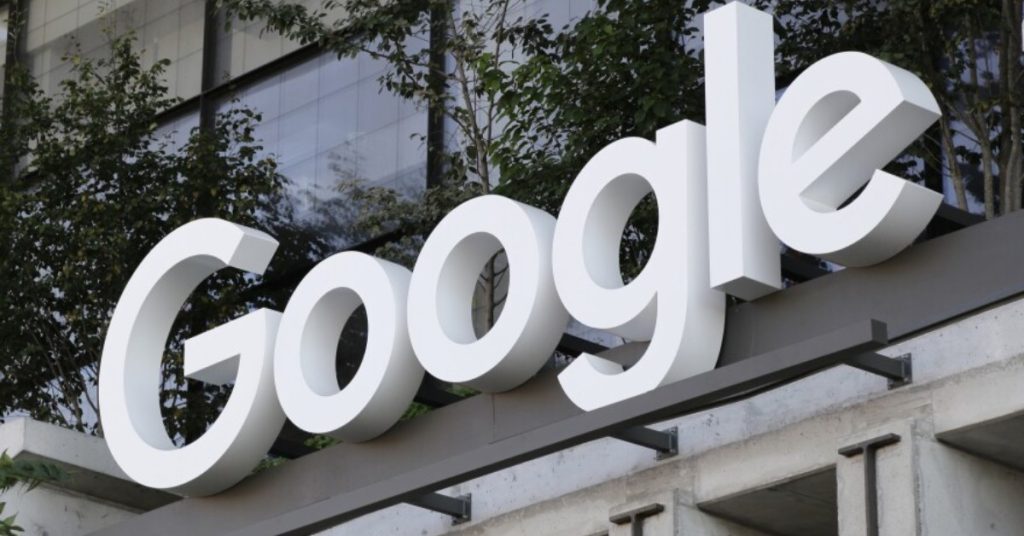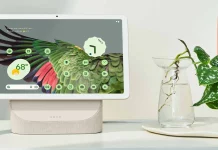Google’s hardware ambitions are undergoing a significant shift, with two high-profile departures, team reshuffles, and job cuts marking the new direction.
In a move reported by 9to5Google, Fitbit co-founders James Park and Eric Friedman have stepped down, taking other Fitbit team members with them. Their exit comes just three years after Google acquired the wearable giant.
Beyond personnel changes, Google is also laying off streamlining its workforce with job cuts across its key units. The company confirmed to 9to5Google that “a few hundred roles” will be cut, primarily from its augmented reality (AR) team.

The job cut comes as Google is merging its Pixel, Nest, and Fitbit hardware teams into a single organizational structure. Instead of separate engineering teams for Pixel phones, Nest devices, and Fitbit wearables, the company is forming one unified hardware group under a single leader.
This new structure adopts a “functional” model, where teams are organized by expertise rather than product line. For instance, one team will handle hardware engineering across all Google devices.
This move could lead to a more unified product design across Pixel, Nest, and Fitbit. However, the Pixel phone team remains largely intact for now. Apple also uses a similar functional model, suggesting Google may be taking a page from its competitor’s playbook.
Despite the downsizing, Google remains a key player in broader AR hardware projects despite its internal changes. At CES 2024, Qualcomm unveiled a new AR/VR chip that’s expected to power Samsung’s upcoming AR headset, featuring Google-provided software. This headset is slated for release later this year.
For those affected by the layoffs, Google says they can apply for other open positions within the company.
This shakeup reflects Google’s evolving hardware strategy. While Fitbit founders depart, their technology lives on within the unified group. Meanwhile, the AR team’s downsizing suggests a shift towards software and partnerships for Google’s AR ambitions, rather than building its own hardware.
The coming months will reveal how these changes reshape Google’s hardware landscape, with Samsung’s Google-powered AR headset a potential early glimpse into the new direction.
Related:
- Here’s an early look at Google Assistant with Bard on Android phone
- Gmail for Android Finally Implements a Crucial Feature It Lacked Since Day One
- Unlock Savings: Discount on Every Giztop Product under the New Year Sale
- Big Discount: AOOSTAR R1 N100 NAS Mini PC Only For $159
- Best VR / AR Headsets of 2023 – Gizmochina
- ALLDOCUBE iPlay 50 Mini NFE Pro Review: Mini Is Still The Fashion
(Via)





